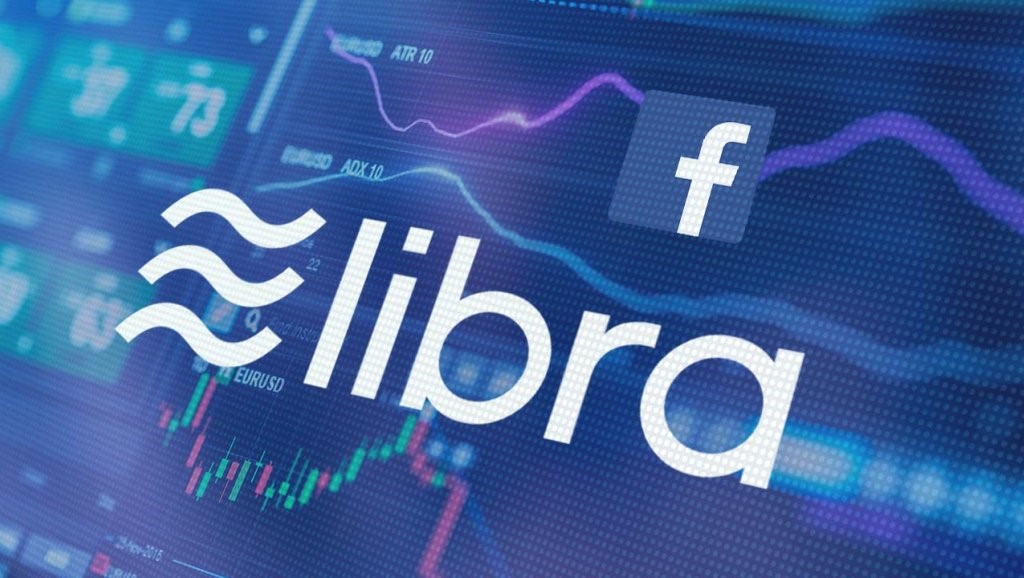The Importance of the Precedent set by #DropThatChamber.
The Acting Director of Public Affairs of Parliament, Ms. Kate Addo, announced last week Monday that plans to build a new 450-seat chamber for Parliament has been suspended. The 3-year construction was scheduled to commence by end of year. It is impossible to ignore the ensuing effects that the #DropThatChamber movement will have on all matters in the public AND private sector. My point revolves around the effects that recent happenings will have on others that look similar in the future. One word: Precedent (noun) Meaning (Cambridge): an action, situation, or decision that has already happened and can be used as a reason why a similar action or decision should be performed or made. Example: Some politicians fear that agreeing to the concession would set a dangerous precedent. That example sentence is actually ALSO from the Cambridge Dictionary. Check, I am not making that up. In this piece, I argue neither for the merit of the #DropThatChamber movement, nor do I dispute its validity. I try to be uncontroversial when it comes to matters like this because in politics, which is so not my forte, a debate for one side is usually span as an argument against the other, regardless of the line of reasoning. Let us stick to the facts. This remains an opinion piece. The Power of The People, in the Social Media Era Lawyer and civil rights activist, Pauli Murray, once said “One person plus one typewriter constitutes a movement”. That was the typewriter era. This this the era of Siri and Alexa. I bet she never imagined what 3 billion active social media users plugged into a World Wide Web can do in the 21st century. In this day and age, everyone has a voice. You can be the face of that voice or hide behind the avatar of some unnamed account to push an agenda. History has some lessons for us when it comes to social media backlash and how it is handled. It is arguably the most effective tool in the world. My other concern with the situation is how I did not clearly hear of how backroom dialogue and negotiating consensus with the opposition lead to the decision to drop the chamber. A lack of that might set the stage for how “action” of any kind is the way to get what you want from the government, as evidenced from the many videos on social media that threatened “action” on the government if they proceed with the chamber construction. The Camel’s nose The camel’s nose is a metaphor for any scenario where the permitting of a small, seemingly harmless act will open to door to other bigger, clearly undesirable actions. It is derived from a story where a camel sticks his nose into a man’s room, and the man thinks nothing of it for afterall it is only the nose. Later the camel pushes his head through. Before long the camel has its whole body in the man’s house and refuses to leave. The #DropThatChamber movement has a message that resonates well upon first listen. The movement is against the use of US$200M to build a bigger chamber for parliament when our developing nation has far more pressing matters on its agenda. The message is good. The activism is strong and on-going. Which is why I am not necessarily against the dropping of the chamber construction. I just do not want some proverbial camel to use this movement as its nose to come and worry Ghana. We like our peace. The government caving to #DropThatChamber might cause future opponents of any government’s action or policy, from any political party, NDC or NPP, to think “if the government caved once before in such and such a manner, they can cave again”. Also, when an ambitious government like our current one that has a lot of high-profile, capital intensive projects in its sights, including a very large National Cathedral that will surely be very costly as well as many daring development projects, where will it draw the line after another #DropThat movement? That brings me to The Principle of the Wedge. The Principle of the Wedge In 1908, an English classical scholar named F. M. Cornford authored a short pamphlet called Microcosmographia Academica. In it, he briefly explained the Principle of the Wedge. “The Principle of the Wedge is that you should not act justly now for fear of raising expectations that you may act still more justly in the future — expectations which you are afraid you will not have the courage to satisfy. A little reflection will make it evident that the Wedge argument implies the admission that the persons who use it cannot prove that the action is not just. If they could, that would be the sole and sufficient reason for not doing it, and this argument would be superfluous.” Superfluous is the author’s too-known way of naming a present reaction or action as unnecessary when you know you cannot repeat things that same way in similar circumstances. He says raising the expectations of people by saying yes to them now, leading them to believe that you will say yes in future to a similar request, is not prudent in politics and it sets a bad precedent. The author is the one making that point, and yes, his writing is on politics, university politics. He called it “A Guide for The Young Academic Politician”. He also elaborates on The Principle of the Dangerous Precedent. The Principle of the Dangerous Precedent The Principle of the Dangerous Precedent is that you should not now do an admittedly right action for fear you, or your successors, should not have the courage to do right in some future case, which, ex hypothesi, is essentially different, but superficially resembles the present one. Every public action which is not customary, either is wrong, or, if it is right, is a dangerous precedent. Every public action, which is not the usual that we have come to know, either is wrong or right. If it is wrong, then it should not have happened and should be condemned. If
The Importance of the Precedent set by #DropThatChamber. Read More »




